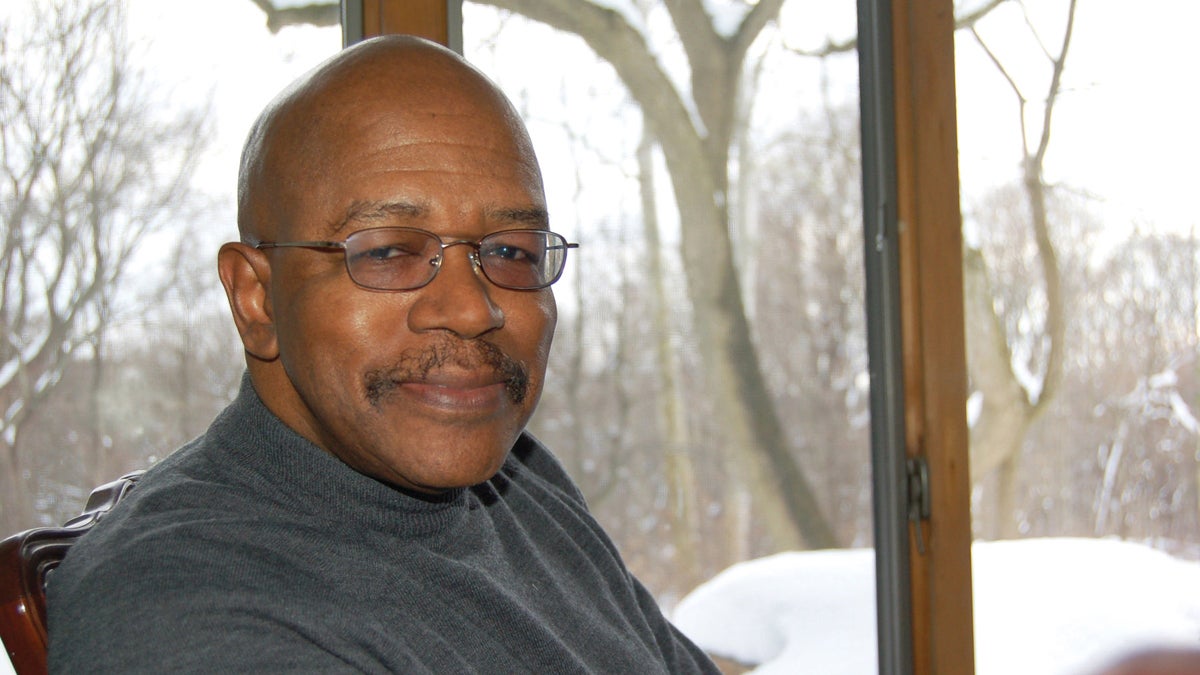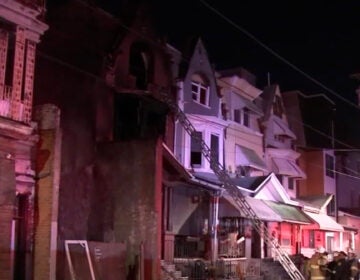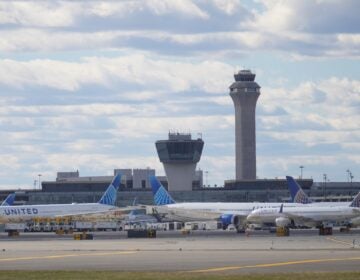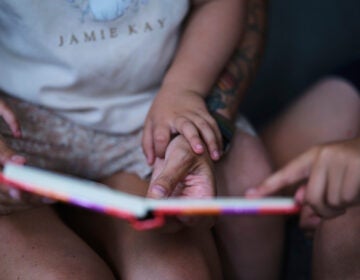Elijah Anderson: The workplace can be an education against homogeneity

Publicity image of Elijah Anderson (Martha Spanninger)
A recent conversation with Elijah Anderson, urban ethnographer and author of “The Cosmopolitan Canopy” and “Code of the Street,” has given me hope that our workplaces can hold the key to helping us let go of prejudices against people different from us.
Did you realize Philly is the fourth most segregated city in the country — over Baltimore and D.C.? That’s based on a recent report by FiveThirtyEight, using data from Brown University’s American Communities Project. The report looks at our city proper (not the suburbs) and separates out the diversity of the overall city from the diversity within neighborhoods.
The good news (which is old news) is that Philadelphia is a wonderfully diverse city. The bad news (also old news) is that the city’s neighborhoods remain staunchly segregated, with neighborhoods at about half the diversity ranking as the city overall.
Look at that report through the lens of the workplace, and a lot happens, including several of the threads running through this blog. But I was especially curious about that relationship between where someone lives and where she works — and how that affects trends in racism, especially as we approach a mayoral election in which race will surely play a role in voting and in which we may see higher racial crossover voting than previously.
The FiveThirtyEight article reminded me of Anderson, a sociology professor at Yale University. He has lived in and observed Philadelphia for decades. “The Cosmopolitan Canopy” is about exactly that relationship between diverse city spaces and segregated living spaces.
The “canopy” refers to public spaces, where people from different backgrounds and understandings — which can include everything from race to gender and sexual orientation — are learning to co-exist using guidelines of civility that are either spoken (as in workplaces and other managed spaces) or unspoken (as in public markets or parks). Reading Terminal Market, your walk to work, your school, and your workplace are all canopies.
Far from being overly optimistic or suggesting the existence of a post-racial America (or Philadelphia), Anderson also includes what he calls “the gloss” in his conception of the canopy. This is the social sheen of politeness that people can take on in order to function in these public settings. That gloss can hide prejudice about any number of differences. Sometimes relationships with real people in these more diverse settings transforms what’s hidden; sometimes not.
So I asked Anderson to help me go put together these concepts and the Philadelphia stats I’d just read. When he had visited Christ Church back in March to talk with us about racism in Philadelphia, I was struck by his ability to be both open and truth-telling, which is important for a good discussion in this tricky territory.
The strength of the canopy, Anderson explains, is that it can be “an edifying institution. It teaches, takes parochial people and lets them learn from what they see. They see good people from diverse backgrounds modeling comity. They realize that being racist or parochial doesn’t work so well under the canopy, so they have to get with the program.”
So is that a hopeful note, I asked, for workplaces in Philadelphia? Could coworkers find spaces where the rules that protect diversity and attempt to prevent abuse or discrimination can help them move into new, prejudgment-altering relationships with each other?
“Absolutely,” Anderson says. “There are more formal sanctions in the workplace. It’s through that kind of education we can work toward more progress. So workspaces can be places of education for prejudices we carry on race and other groups such as the LGBT community.”
As I look at the mayoral race, then, it seems that a critical quality for a Philadelphia mayor would be understanding the importance of intentional protection of diversity and safety in places, like schools and workplaces, where people can develop transformative relationships.
So, I ask Anderson, if he were at the mic at a mayoral debate, what would he say to make the candidates aware of this?
Anderson laughs. “Oh, politicians are aware of these things. They know more than they let on. They just have to be more politically correct in order to get elected. But they know.”
That’s obviously in addition to the fundamental concerns around simply having solid education and reliable jobs, both of which are leading questions in Philly these days. Yet, Anderson emphasizes, just as important is that layer of interpersonal education in workplaces that helps us recognize and address our prejudices: “It’s why workplaces should be vigilant about sanctions and protections, so they can edify, teach, allow for relationships. These things carry over. Children are socialized, young people learn.”
“Workplaces should aspire to be canopies,” he says. “Some do succeed, and there are rules around tolerance with respect to race, gender, sexual orientation — that’s progress. When you have these people in the workplace, they’re protected. In this way, it’s different from, say, Reading Terminal Market. People come in [to workplaces] and mix, and then they go home to a setting where everyone is like them. They go to parties, weddings, church, in communities that are more homogenous.”
So the workplace can be a good reality check for all of us — as long as that workplace is vigilant to the ways in which it may be supporting or discouraging diversity. Anderson agrees: “A diverse workplace belies the kind of homogeneity people are used to in more local areas. There’s an education going on. People are encouraged to be civil and tolerant.”
I could write more from my conversation with Anderson, but as we signed off, I was moved by his dedication to advancing conversation about race and other areas of prejudice. Those conversations are tools to ask questions of our lives, tools that open conversation rather than end it.
And while that’s still only a step on the way, and far from the goal, it sounds like it still comes down to creating change one relationship at a time. Or, as Anderson puts it, “It’s a protective of chance for relationships.”
WHYY is your source for fact-based, in-depth journalism and information. As a nonprofit organization, we rely on financial support from readers like you. Please give today.




